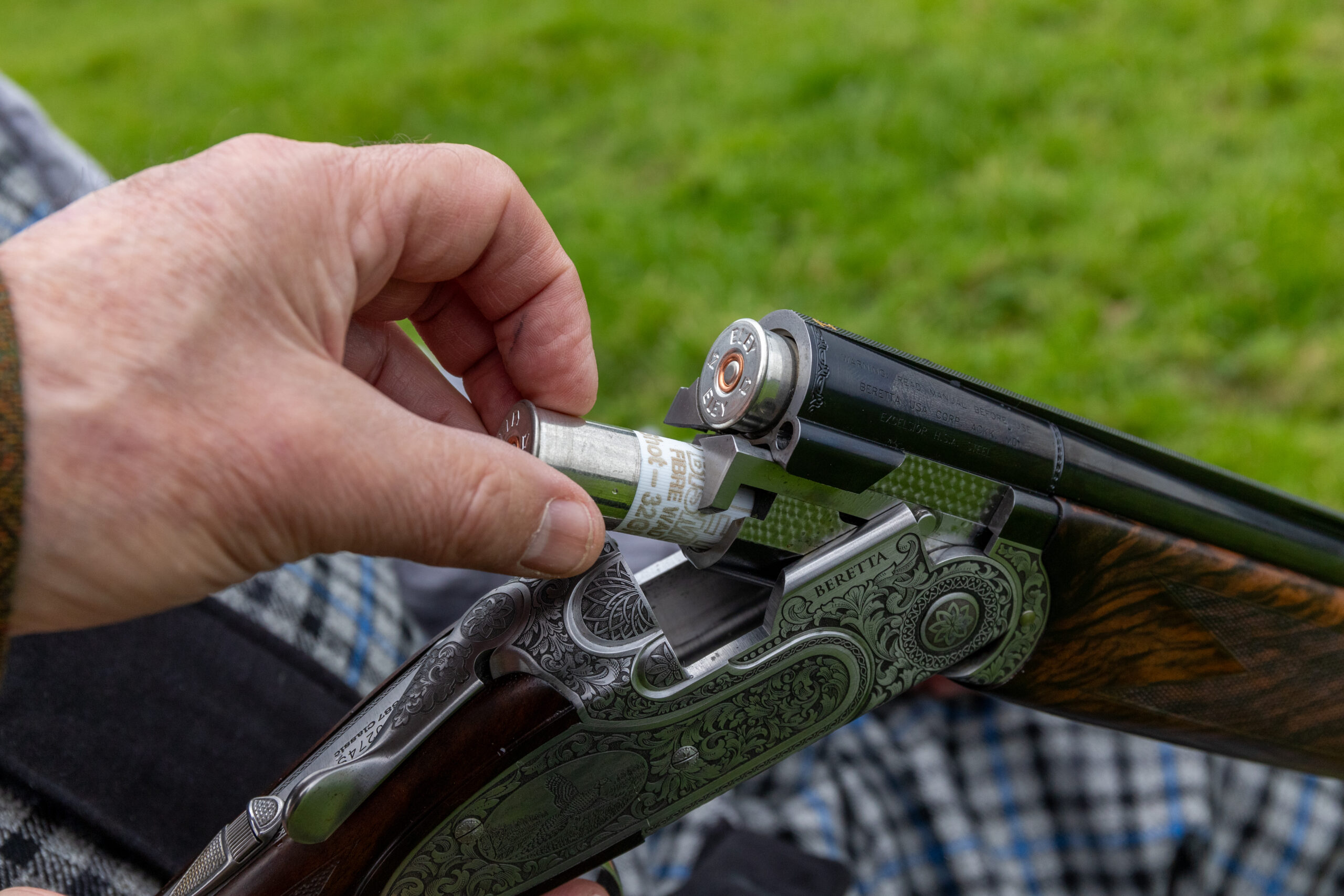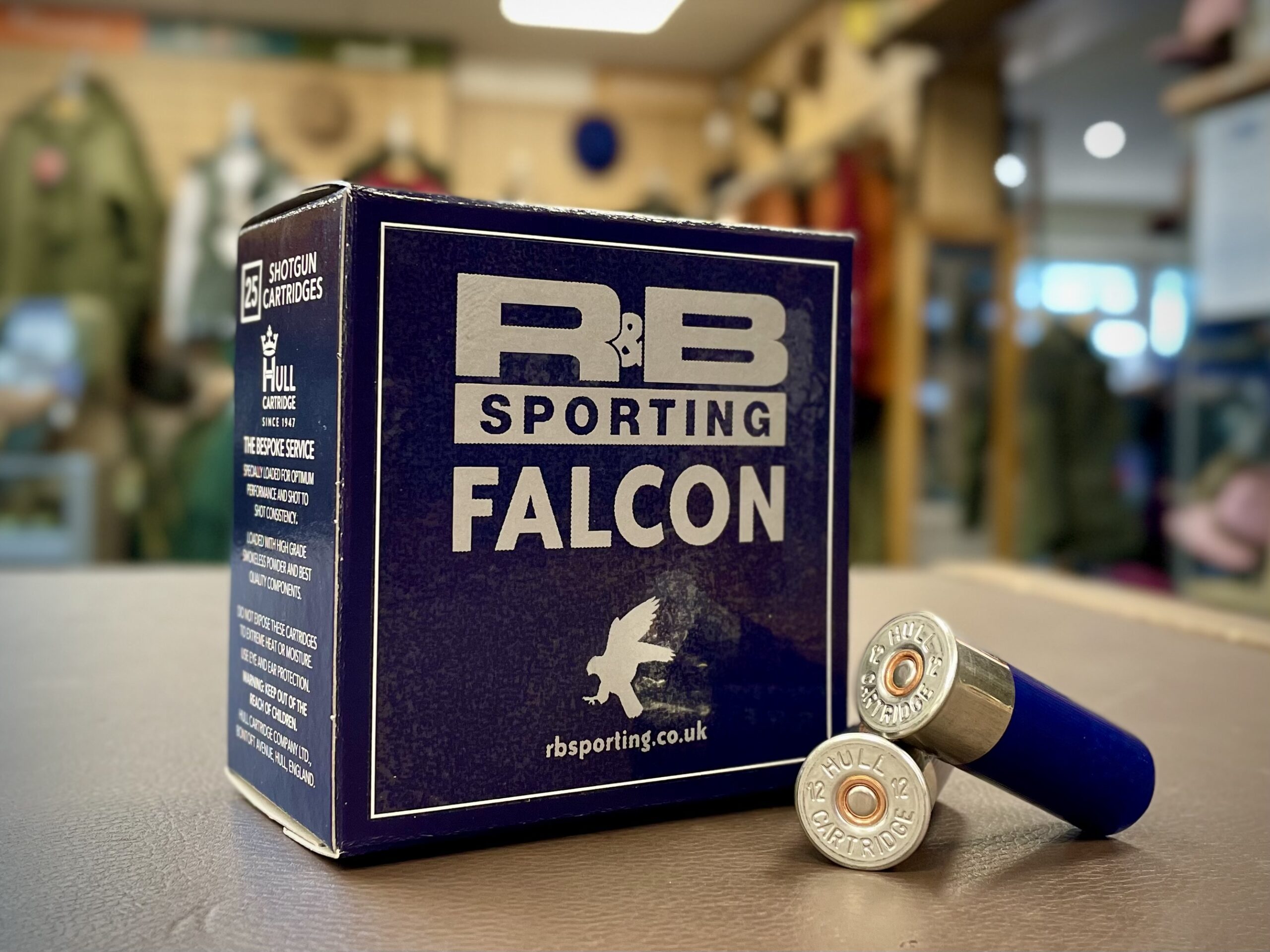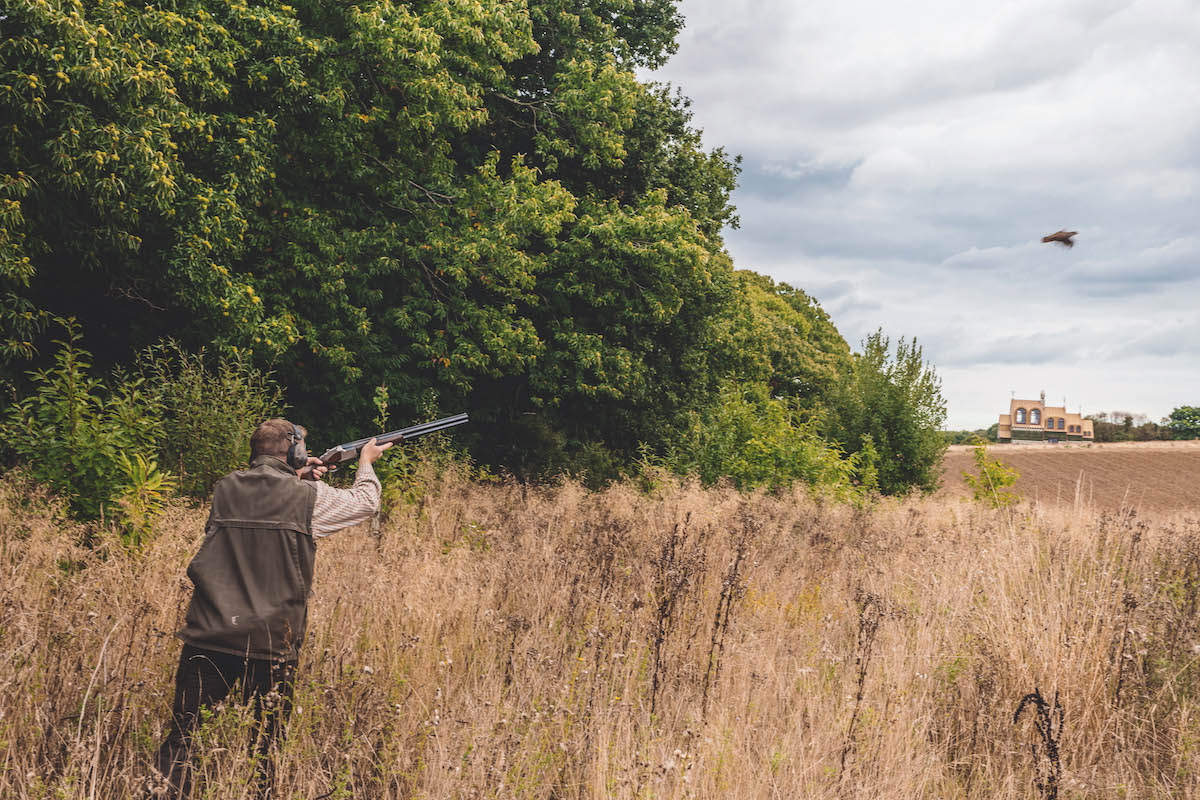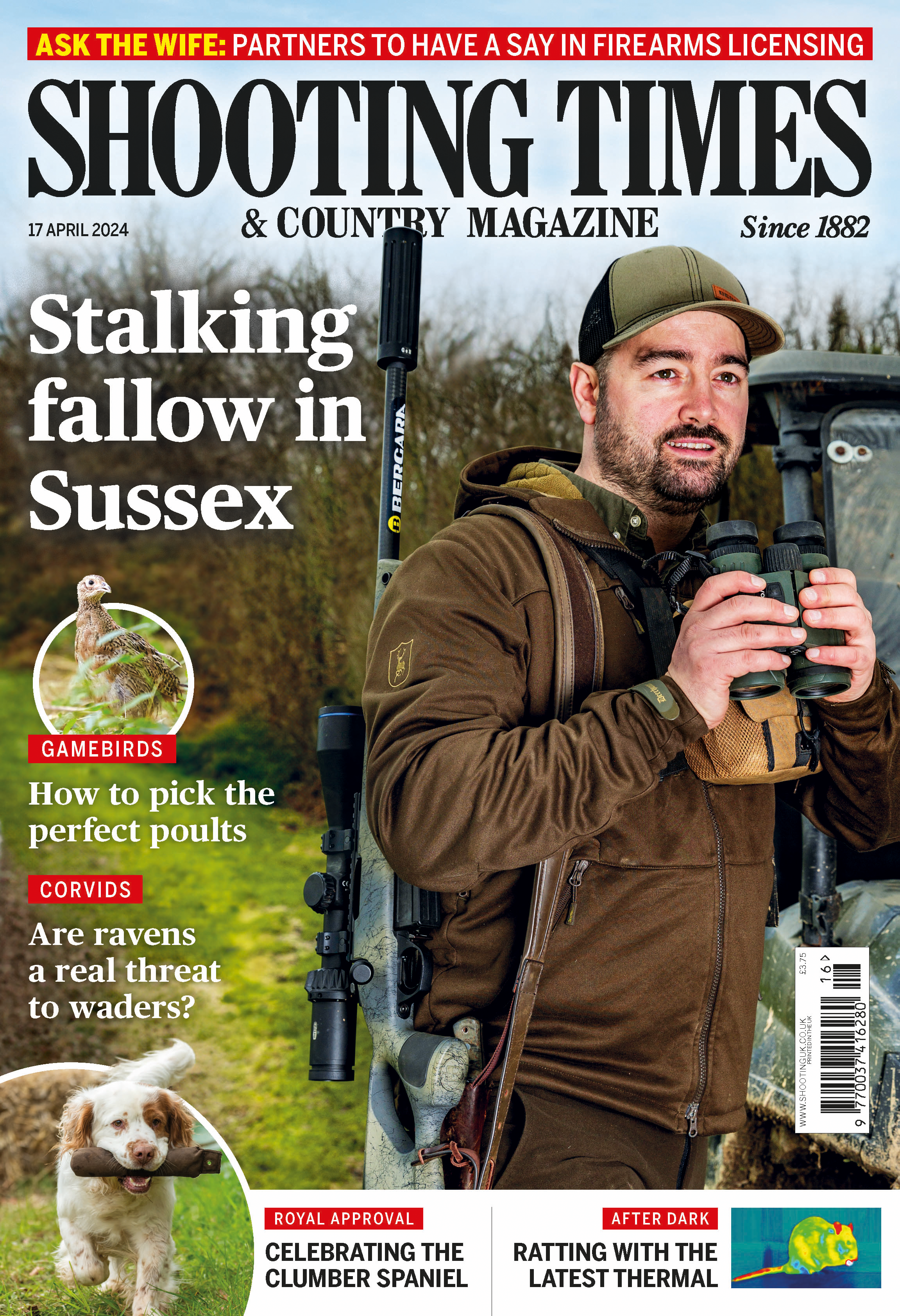Your cartridges are going to cost you more
The rising cost of lead means that your cartridge cost is going to go up, warns Robin Scott
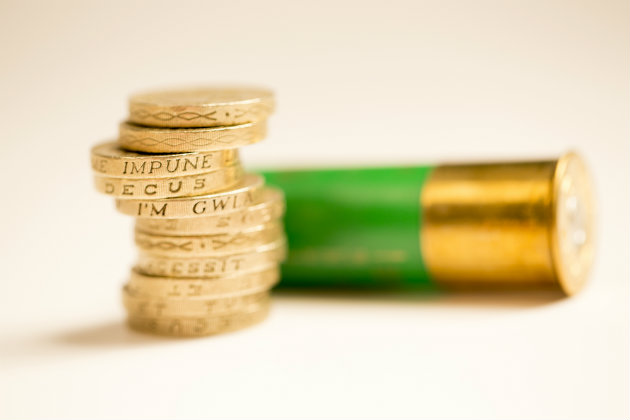
Thinking of buying new cartridges to replenish your dwindling stock? If so, perhaps you should do it sooner rather than later as cartridge cost is set to go up.
The rising cost of lead on the world market in 2016 forced UK cartridge makers to increase prices last month and there’s no guarantee they won’t go up again in the foreseeable future. Whether that happens or not depends on how well (or badly) pound sterling performs against the American dollar, in which the metal is priced. A continuing weak pound will be bad news for those of us who are price conscious — doubly so if it also slides against the euro. That’s because most UK loaders rely heavily on vital component parts such as cases, primers, cartridge heads and powders imported from continental manufacturers.
British cartridge makers have kept increases down
Of course none of us wants to pay more for essential consumables such as shotgun cartridges. But considering the problems and pressures they’re continually facing, British cartridge makers have done remarkably well to keep recent increases down to between just one and two pence per shot. You could say they have been doing a brilliant job on our behalf for 30 years or more.
Less than a fiver
In 1960 when the average wage was £14 per week, a box of 25 Eley Grand Prix cost 15 shillings (75p in today’s money), which is why you would only ever find two or three boxes of Eley Grand Prix in a house at any one time. Buying just one box made a big dent in the family finances and it was the same for everyone else who owned a gun in the village. Only the rich could afford to buy by the thousand.
An entire week’s wages would’ve bought 475 cartridges had the old man blown his entire pay packet at the gunshop. Compare that, if you will, with last year’s average weekly wage of £538 — or 2,675 cartridges at £5 a box if the wife gave the green light to splash the cash in one go. Makes you think, doesn’t it? Yet in spite of the most recent price hikes it’s still possible to buy a box of “squibs” for less than a fiver – slightly more than the price of a premium pint of imported beer at your favourite watering hole.
According to Charles Bull of online retailer Just Cartridges, a number of decent 28g shells are still available from continental makers from as little as £167 per thousand. “Trouble is, they’re not immune from rising commodity increases so it wouldn’t surprise me to see these entry-level cartridges going up by between five and eight per cent within the next month or so,” he mused. And after that? “I wish I had a crystal ball. Hopefully exchange rates will stabilise after Brexit and bump along for the next few years without too many nasty surprises. We can only wait and see.”
The so-called “entry level” market is proving the most interesting and important just now in terms of overall sales. It keeps the loading machines running at full speed, making the manufacturing process more cost-effective.
Cartridges that won’t break the bank
Non-competitive clayshooters, roughshooters and pigeon decoyers understandably want cartridges that won’t break the bank but will still put birds in the bag and “kills” on the card. In this respect a 28g trap 7½ costing less than half that of a premium game cartridge does the job well at all normal ranges over a decoy pattern. And it’s a load that also delivers the goods on all but very high driven game.
Which reminds me: when talk comes to game it’s doubtful that the recent price rises will overly affect sales in this premium £250-£350 bracket because the price of a cartridge per bird is still the cheapest component by far in the total cost of a day’s driven shooting. Which then leaves us with the ‘middle’ ground – quality clay loads and specialist pigeon cartridges kicking in at around £220 per thousand. The range and choice is staggering.
Brands for pigeon decoying
However, with so many lower-priced trap cartridges still to choose from, why use more expensive brands for pigeon decoying? True enough, you can offset some of the cost by selling birds to a game dealer. In spite of that, and call me cheapskate if you must, I tend to put these excellent 30g and 32g woodie loads in No.5 and No.6 shot to one side and save them for the pheasants. Instead I’m more than happy popping off at pigeon over decoys with 28g trap 7½s running out £30 per 1,000 cheaper. And I bet you are too.
Tips for saving money on cartridge cost
- Fiocchi 28g 7½s with plastic wads for pigeon over decoys and clays. The best deal I was quoted was £170 per 1,000. But they are likely to rise in price soon.
- Specialist pigeon cartridges from Express, Gamebore, Hull and Eley might have gone up because of imported materials, but they double as cost-effective loads for the game season.
- Club together with your friends and buy cartridges in bulk.
- Check your local gunshop. You might be surprised at what deals it is offering.
- Visit Just Cartridges for up to the minute prices on all leading brands as well as end of line special deals.
- If your gun has open chokes and has been proofed accordingly, shoot steel. A 32g of No.5s kills effectively over decoys. The price of steel is infinitely more stable than lead and quality loads can still be bought for less than £200 per 1,000.
Classic game cartridges
Here we take a look at some classic game cartridges and see what is available with a fibre wad.
Steel shot cartridges review
Steel shot cartridges: Can steel shot be used for pigeon shooting? Lewis Potter tests a variety from his cartridge bag.



